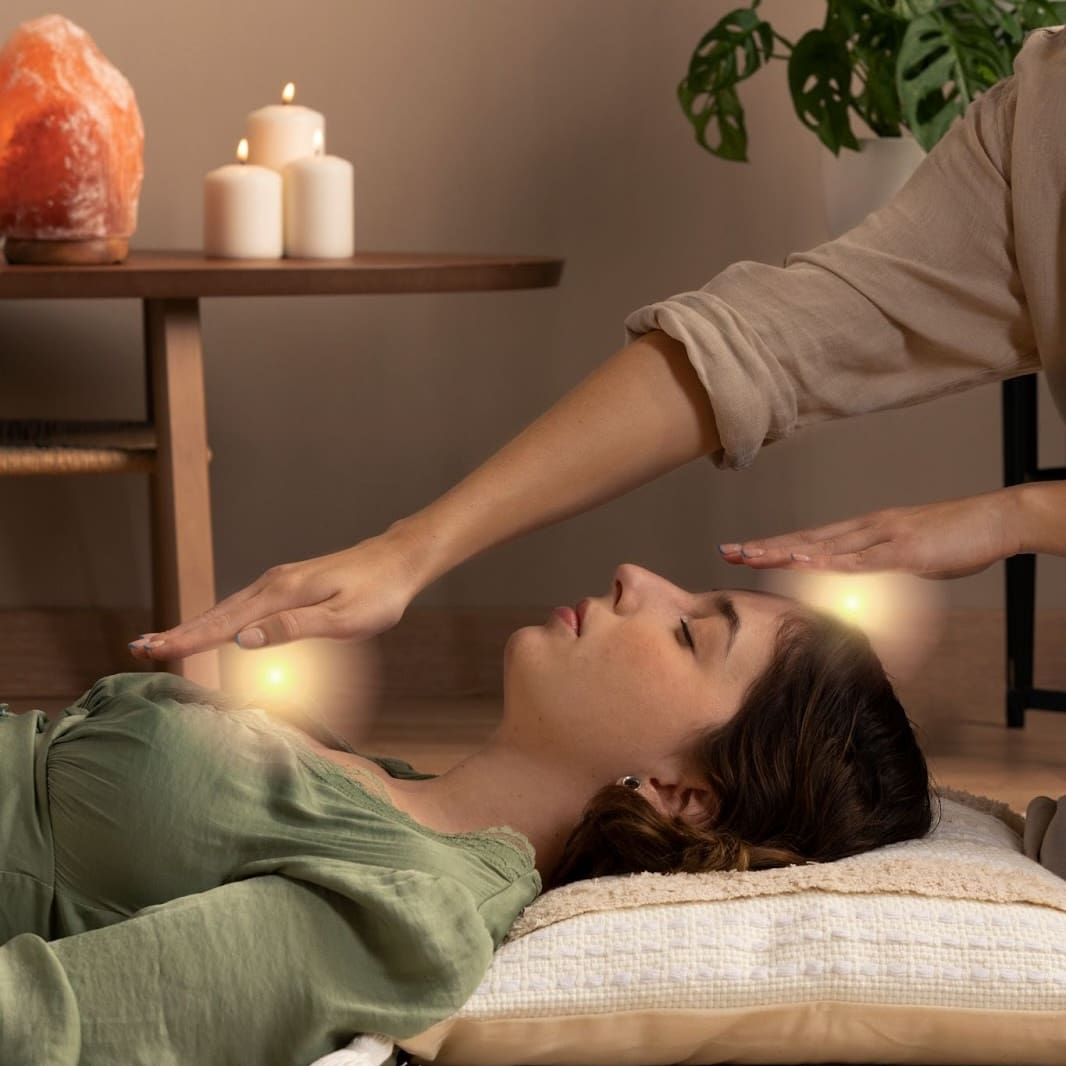
Prioritizing mental health and personal wellbeing has become more important than ever. In response to this growing need, alternative medicine practices are gaining significant traction. Among them, energy healing techniques like intuitive energy healing and Reiki offer unique approaches to fostering balance and inner peace.
This blog post delves into these two modalities, exploring their principles, benefits, and how they can contribute to a healthier and happier you.
Understanding Intuitive Energy Healing
Intuitive energy healing is a holistic practice that focuses on the body’s energy field – the unseen layer of energy surrounding and permeating our physical body. Proponents believe that imbalances within this energy field can manifest as physical, emotional, or mental disharmony.
Intuitive energy healers tap into their intuition and heighten their sensitivity to these energy imbalances. They then use various techniques, such as gentle touch, visualization, and energy clearing, to promote the flow of energy and restore balance.
Benefits of intuitive energy healing for mental health and personal wellbeing include:
- Reduced stress and anxiety
- Improved sleep quality
- Enhanced emotional well-being
- Increased feelings of relaxation and peace
- Greater self-awareness and personal growth
Exploring Reiki
Reiki, meaning “universal life force energy” in Japanese, is a non-invasive energy healing technique with ancient roots. Developed in the early 20th century by Mikao Usui, Reiki practitioners act as channels for this universal life force energy, directing it towards the recipient to promote healing.
A Reiki session typically involves the practitioner placing their hands lightly on or above specific points on the recipient’s body. The Reiki energy then flows naturally, promoting relaxation and addressing imbalances within the energy field.
Reiki offers a range of potential benefits for mental health and personal wellbeing, including:
- Reduced stress and anxiety
- Improved mood and emotional balance
- Relief from pain and discomfort
- Enhanced feelings of peace and well-being
- Increased self-awareness and personal growth
Comparing Intuitive Energy Healing and Reiki
While sharing some similarities, intuitive energy healing and Reiki also have distinct characteristics:
- Structure: Reiki follows a more structured approach with set hand positions and techniques. Intuitive energy healing, on the other hand, is more fluid and adapts to the individual’s specific needs.
- Intuition: Intuitive energy healing places a strong emphasis on the practitioner’s intuition to guide the session. Reiki utilizes universal life force energy, placing less emphasis on the practitioner’s intuition.
Both modalities, however, share the common goal of promoting balance, relaxation, and overall well-being within the recipient.
The Role of Intuitive Energy Healing and Reiki in Mental Health and Personal Wellbeing
The effectiveness of these practices for mental health is a growing area of research. However, anecdotal evidence and personal experiences suggest that both intuitive energy healing and Reiki can offer significant benefits:
- Stress Reduction: Both modalities can help induce a deep state of relaxation, promoting the release of tension and reducing stress hormones.
- Anxiety Relief: By encouraging relaxation and a sense of peace, these practices can have a calming effect on the nervous system, leading to reduced anxiety.
- Emotional Healing: The focus on energetic imbalances can help address underlying emotional issues, leading to a sense of emotional well-being.
- Personal Growth: The increased self-awareness facilitated by these practices can empower individuals to make positive changes in their lives and enhance personal growth..
Conclusion
Intuitive energy healing and Reiki offer unique yet complementary approaches to traditional mental health care. While scientific research on their effectiveness is ongoing, these practices hold the potential to significantly enhance mental health and personal wellbeing. Consider exploring these modalities, and consult with a trained practitioner to discover which one may best suit your individual needs. Remember, the path to a healthier and happier you is a personal journey, and these techniques can serve as valuable tools on that journey.
